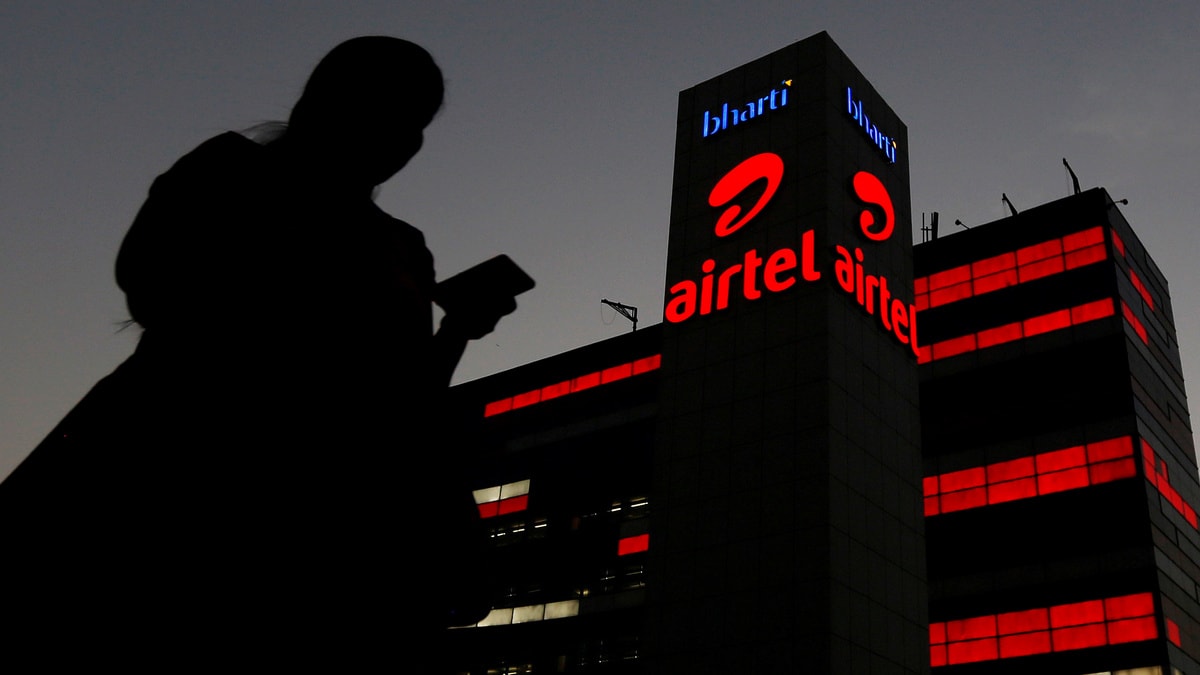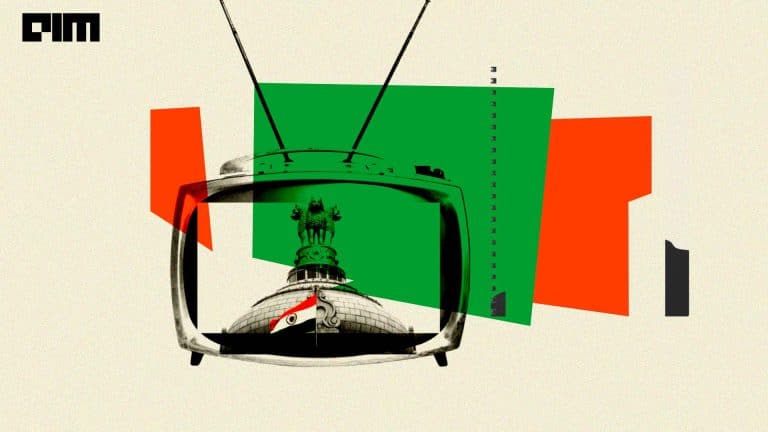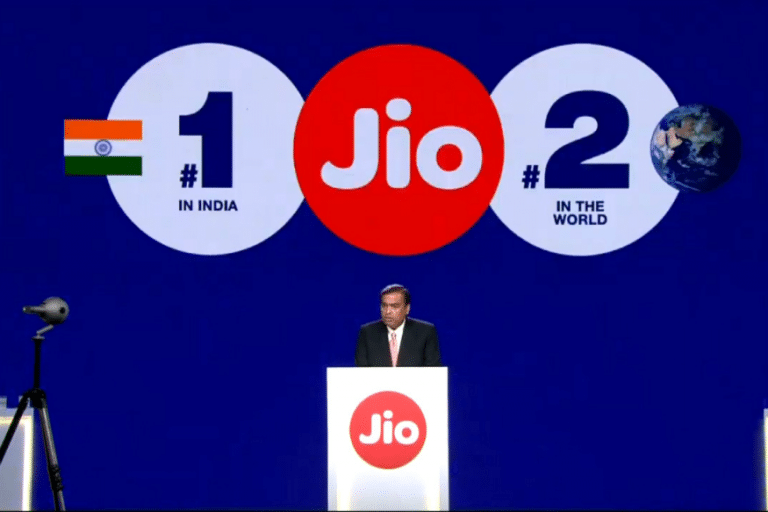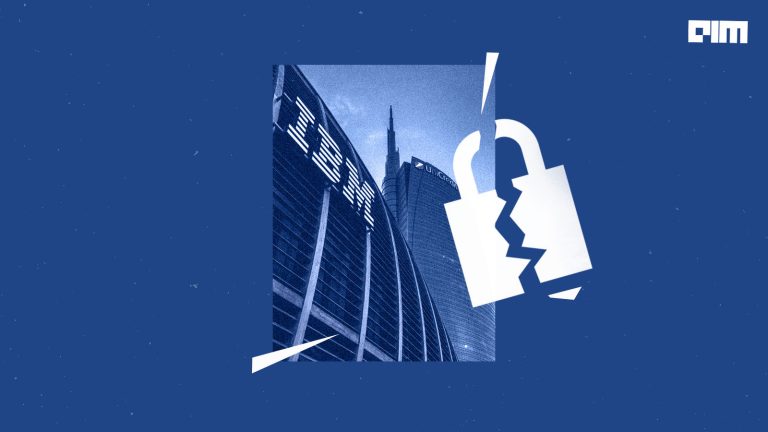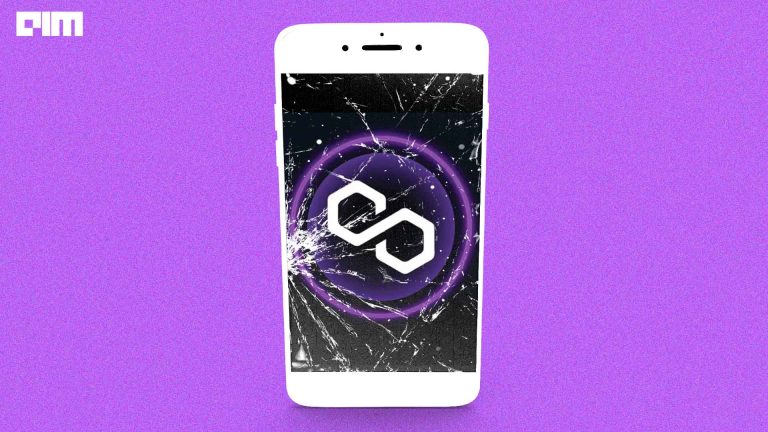Blockchain technology has now begun trickling down to the consumer and is set to offer a benefit that is sorely needed by many. Prominent Indian telcos Reliance Jio, Bharti Airtel and Vodafone Idea have begun rolling out blockchain solutions to curb spam calls.
This is keeping in mind the modern regulatory standpoint by the Telecom Regulatory Authority of India. Keeping in mind consumer interests, TRAI set a framework for access providers to do something about the problem of unsolicited commercial communication.
Regulation And Compliance
The TRAI published an amendment to the Telecom Commercial Communication Customer Preference Regulation on 19th July 2018 which will be enforced from the end of this month onwards.
The regulation was to curb the rise of unsolicited commercial communication to protect customers from spam calls. However, those making the calls still found ways to get into loopholes that the access providers left in their system.
Since all telecom service providers in India fall under the purview of TRAI, they are required to adhere to the new norms mentioned by the regulator. The party wanted to make sure that only those registered in the databases can make the calls to prevent fraud. Apart from this, they also wished to record user consent for telemarketers for consumer protection.
How Does It Work?
The blockchain, at its base, is a database. What makes it different is its ability to not only hold a single version of the truth but also synchronize with multiple parties who might not be ready to work together or agree on the data. This architecture is a perfect fit for an environment such as the telecom market.
At its core, the blockchain solution will be a shared ledger of UCC numbers distributed across a telco’s databases. It is also a very transparent system, and will enable a clearer outlook on parties that are looking to exploit loopholes left by the telcos.
Tech Mahindra, one of the blockchain service providers in the picture, developed a blockchain solution late last year after the regulations were made public. It was revealed that this was built on Microsoft’s Azure platform, and functions at the “intersection of cloud and blockchain”, according to the National Technology Office of Microsoft India, Prashant Shukla.
The system will “ensure a new way of monitoring and enforcing compliance throughout the ecosystem,” he stated.
Apart from this, IBM, another of the service providers, is offering solutions for mobile number portability and do not call registry. The VP of IBM Research, Sriram Raghavan, stated that the company had completed the proofs-of-concept and pilots with “major telecom providers” in the country.
The solution will be a private distributed ledger that can be accessed by telcos. The ledger will contain the registry of consumers that have forbidden consent to any calls by telemarketers and will be shared across all operators. Apart from this, the company is also offering a solution for better mobile number portability; a solution which works across multiple telcos.
At the time, Raghavan stated,
“We anticipate that going into the New Year, we’ll start to see blockchain solutions getting rolled out. We have completed proof of concepts and pilots.”
More recently, Tanla Solutions, one of the service providers, also confirmed that the projects are being rolled out currently. A spokesperson said,
“Deployment is underway and will help in arresting spam and fraud-related commercial communications”
Blockchain Adoption Rising
The three companies have chosen to partner with different parties to ensure the seamless rollout and maintenance of their respective blockchains. Vodafone Idea has partnered with a Hyderabad-based company known as Tanla Solutions for their deployment across 395 million users.
Airtel, with its 325 million users, tied up with blockchain industry leader IBM for their solution. The company has shown previous experience in handling blockchain solutions, and has R&D capabilities to explore optimizations.
Jio tied up with Tech Mahindra, who developed the blockchain solution in conjunction with Microsoft. With over 307 million users on the platform, the telco is looking to utilize Microsoft’s Azure platform for its deployment.
Post the rollout of all of these networks, India will become the hotbed of one of the biggest blockchain implementations in the world. With over 1 billion customers reached due to this initiative, India will be home to one of the most burgeoning blockchain markets in the world.
The World Economic Forum even predicted that the blockchain would account for almost 10% of the global GDP by 2025.
With blockchain set to be a trillion-dollar industry, India looks to be cementing its role as a leader in the technology for years to come. The country has also shown its interest towards blockchain in other ways as well, with the National Payments Corporation of India looking to adopt such technologies for better digital payments flow.
The forward-thinking mentality of regulators and readiness of participants also shows an atmosphere conducive to growth. It is left to see how the market is going to develop in one of the world’s biggest countries.







